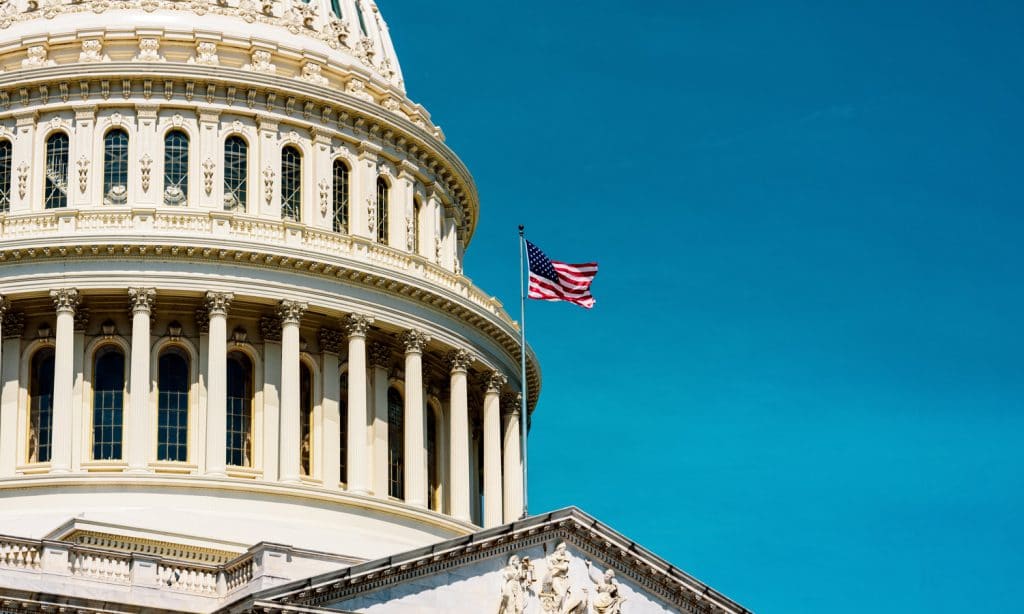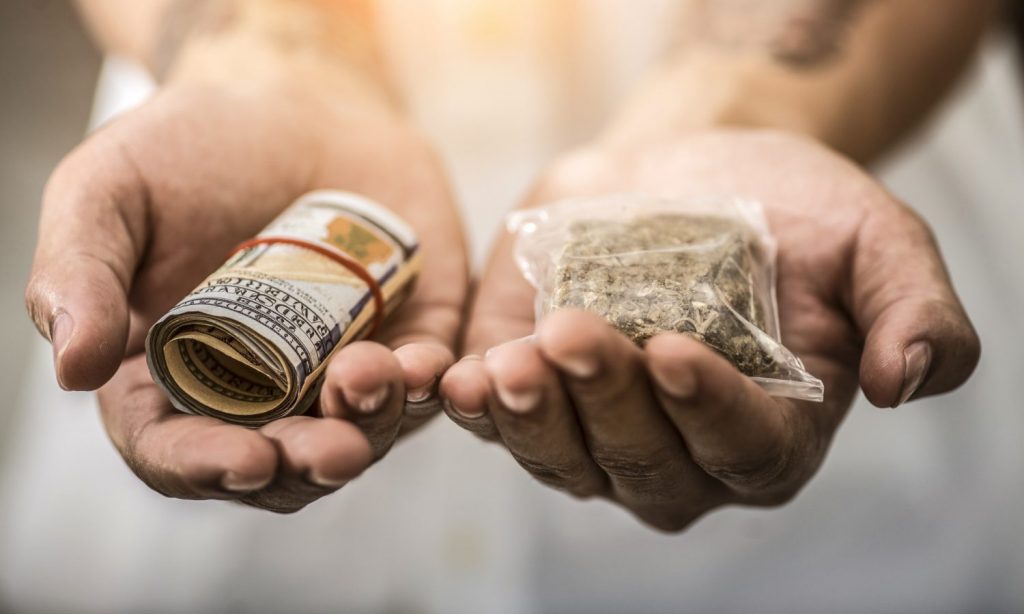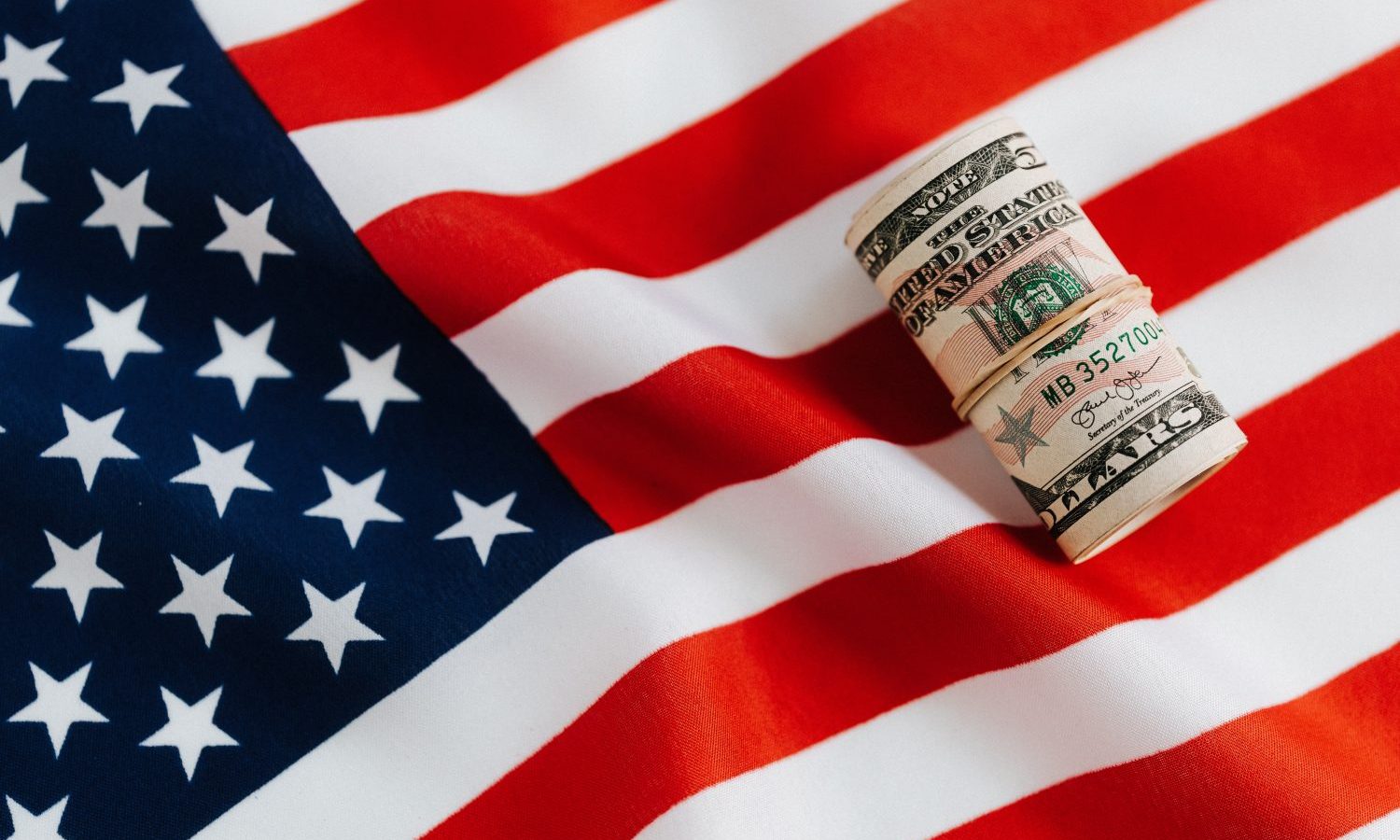All in all, legal marijuana would make just as much for governmental minions as prohibition has. It’s just a matter of perspective.
One of the biggest arguments right now for ending marijuana prohibition in the United States is that it would generate beaucoup bucks in tax revenue and provide the nation with a trapdoor out of the economic sludge brought about by the coronavirus. After all, marijuana sales are a boon in states where it is legal. Here is why the federal government doesn’t need to legalize weed.
In Colorado, one of the first states to legalize the leaf for recreational purposes, dispensaries have sold more weed in 10 months than they did all of last year. The state is poised to end the year with almost $2 billion in pot sales, providing millions of dollars in state tax revenue.
So why not take this concept nationwide? It would make sense since American economies are starved for financial relief. Some data shows that nationwide legalization would create around 1 million jobs and contribute hundreds of billions in federal tax revenue.

However, the federal government is doing just fine without putting a taxed and regulated cannabis market to work. In fact, marijuana legalization stands to cut the head off a mega-money beast that has been capitalizing on pot prohibition for years. For starters, Uncle Sam is already raking in loads of money in marijuana taxes every year.
Section 280E of the American Tax Code requires illegal marijuana businesses (even those considered legal in some states) to claim their earnings on their tax returns. But since none of these businesses can write off expenses like other sectors, they are subject to a 70% tax rate. Yep, Uncle Sam is taking the majority of the money from businesses it still considers illegal. If this policy sounds like robbery, that’s because it is. Data shows the federal government makes billions taxing weed operations in legal states.
Some cannabis advocates argue the federal government is still losing money by not embracing a fully legal system. They talk about how marijuana prohibition costs billions of dollars to uphold while preventing the opportunity to collect billions in tax revenue. But legalization almost certainly means that law enforcement and the privatized prison system would have to take a cut — a big one. They need around 96% occupancy to turn a profit.
Meanwhile, law enforcement agencies rake in billions each year from marijuana arrests and federal grants. Despite legalization, the country still locks up more than 600,000 marijuana offenders a year. And most of these arrests are for small-time possession. Without it, police forces might lose critical funding.

Others claim that a colossal excise tax would need to be imposed on legal weed to compete with the IRS’s 280E scam. The country has virtually found a way to make prohibition more profitable than a legal system. “An excise tax would need to be very high in order to compensate for 280E,” Pat Oglesby, an attorney who specializes in cannabis tax policy, told Rolling Stone in 2018. The problem is higher taxes makes marijuana less affordable and it doesn’t give customers any incentive to vacate the black market. We are seeing this happen now in some legal states.
RELATED: Chances For Federal Marijuana Legalization Live On, According To New Poll
The more states that legalize marijuana — five more did it in the November election — the more tax money the government is set to collect. It has also been argued that Big Pharma, as well as the alcohol and tobacco companies are also responsible for preventing the nation from going green. These companies donate tens of millions of dollars to politicians every year to keep them on their side. At the same time, some of these companies are also investing in marijuana just in case there comes a time they can’t buy off prohibition.
And while the cannabis industry is starting to ramp up its lobbying efforts, it’s still not contributing anywhere close to what the business of booze, cigarettes and pharmaceutical drugs are doing. Unfortunately, the weed industry is outbid on Capitol Hill, reportedly tossing only a measly $11 million into federal lobbying efforts.
RELATED: Marijuana Could Easily Be Rescheduled With Biden’s Health Secretary
All in all, legal marijuana would make just as much for governmental minions as prohibition has. It’s just a matter of perspective. Do we continue to spend substantial amounts of money and resources to repress society, or do we make a shift that allows the nation to flourish forward to better times?
Considering some of the steps taken recently by the U.S. House of Representatives, the answer seems to be more of the latter. If only they could get the Senate to agree.


